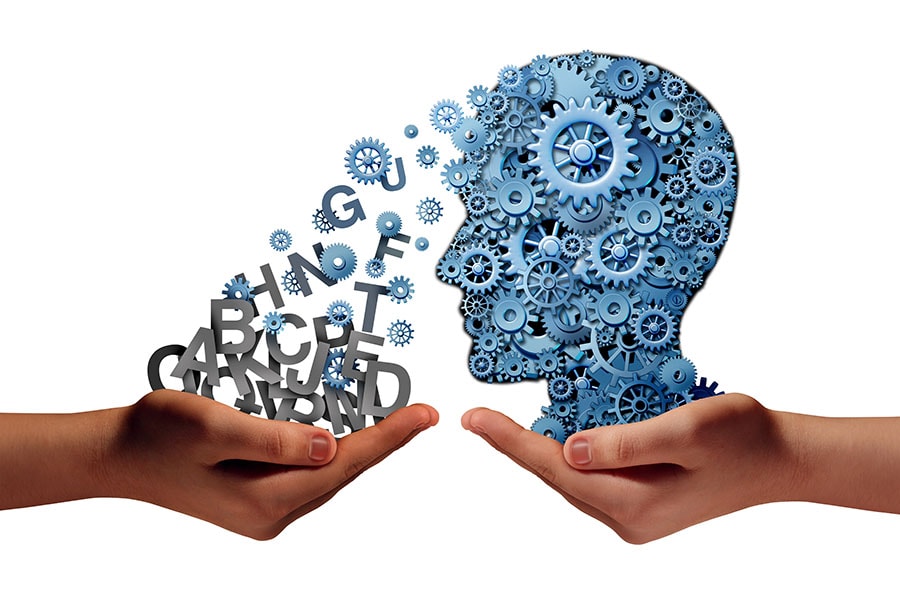
How AI training can elevate human performance
AI training enhances strategic skills, especially in lower-skilled individuals. But it isn't a perfect substitute for human training partners
 AI has the ability to democratise access to training and enable individuals from diverse backgrounds to develop their skills and excel in their respective fields.
Image: Shutterstock
AI has the ability to democratise access to training and enable individuals from diverse backgrounds to develop their skills and excel in their respective fields.
Image: Shutterstock
As artificial intelligence (AI) advances at breakneck speed, there is a growing concern about the possibility of it replacing humans in almost every task. However, recent research sheds light on AI’s capacity to train and augment human performance, specifically in complex strategic interactions.
To understand how AI can train employees and improve performance, it is worth looking to the past. In our latest study we explored how AI transformed the domain of chess. Chess computers have been at the frontier of AI and exemplify two fundamental aspects: complexity and the capability to mimic human thought processes. Our study revealed that chess computers served as artificial training partners and led to a significant improvement in player performance.
To examine how AI helps people improve, we leveraged the staggered diffusion of chess computers in Western Europe and the Soviet Union. Chess computers became widely available for players in Western countries from 1977 onward. In contrast, for geopolitical reasons, chess computers remained practically unavailable for players in the Soviet Union until the late 1980s.
We analysed the performance of more than 20,000 chess players across half a million tournament games. Our analysis illustrated that having access to chess computers accelerated learning and gave players a competitive advantage. Chess computers helped players improve by serving as a substitute for scarce human training partners.
How AI can level the playing field
We found that disadvantaged players with inferior skills benefitted more from chess computers. The extent to which people benefited varied due to two key factors. First, the AI system had to surpass the player's skill level to provide effective training. Otherwise, the player would be able to anticipate the AI's moves, limiting the training value. A useful analogy is how non-native speakers benefit more from a spelling and grammar checker than native speakers.[This article is republished courtesy of INSEAD Knowledge, the portal to the latest business insights and views of The Business School of the World. Copyright INSEAD 2024]







